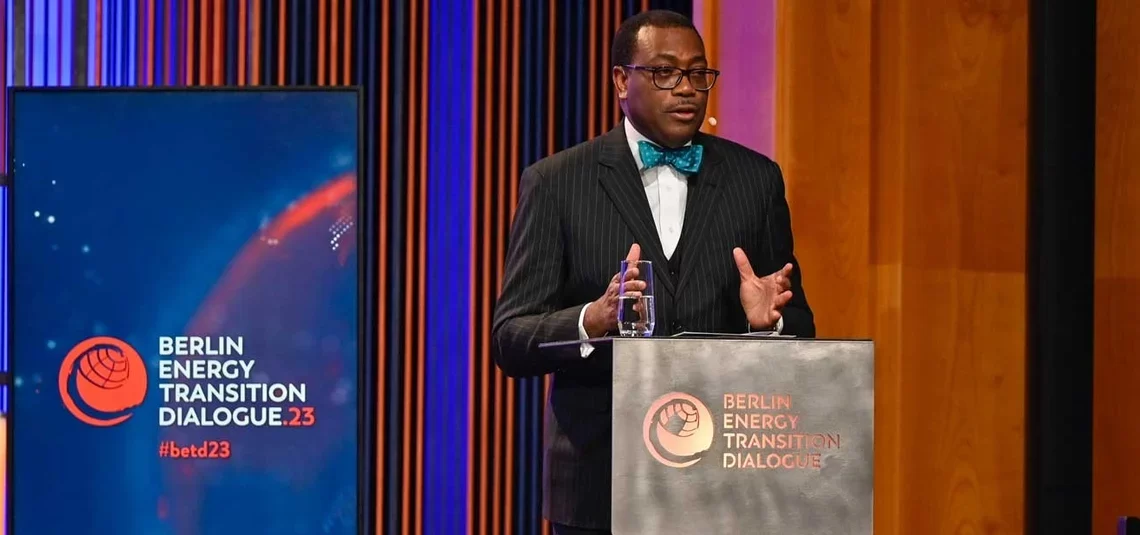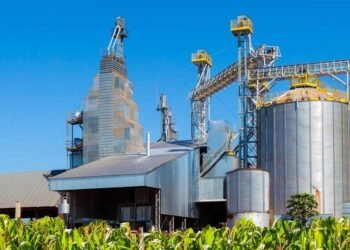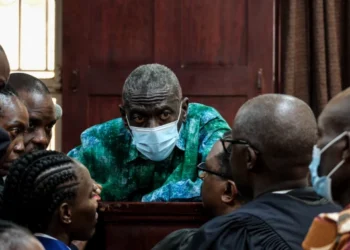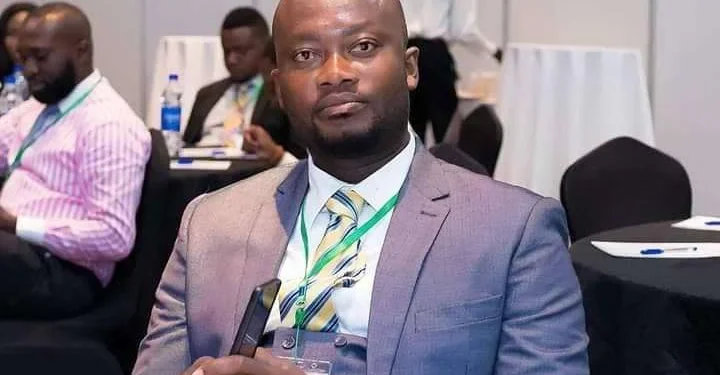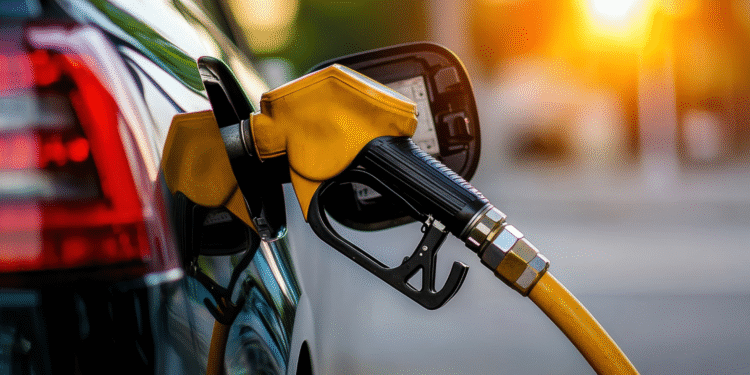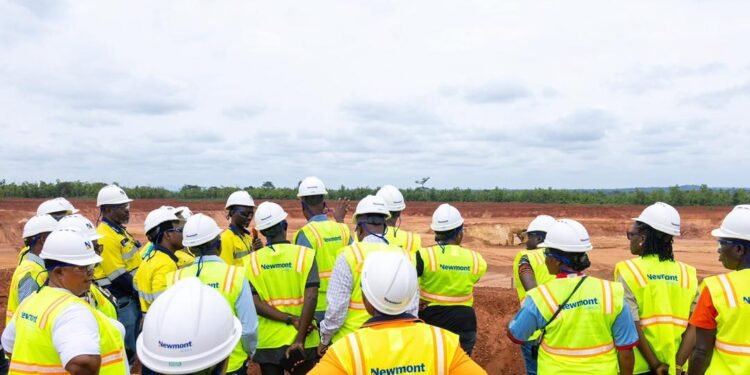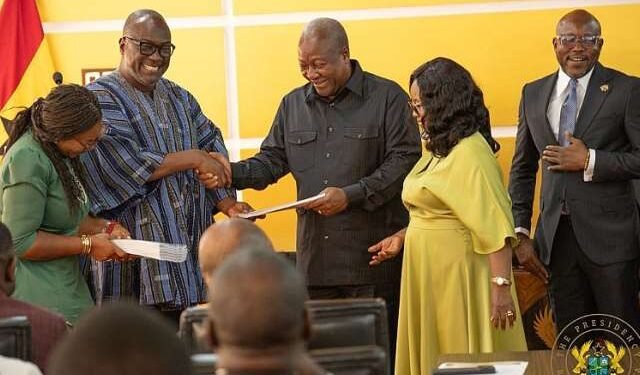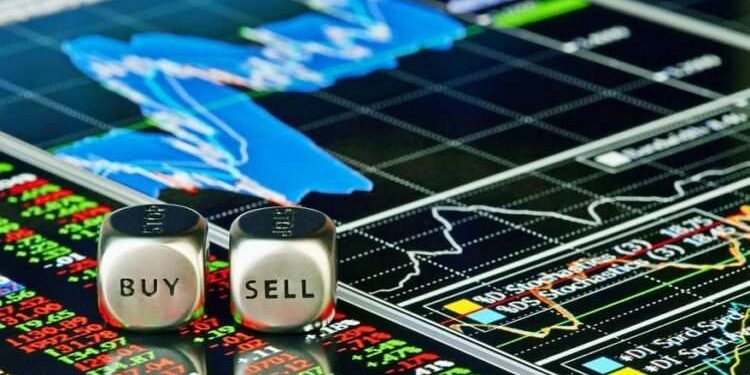Dr Akinwumi Adesina, the President of African Development Bank (AfDB) has delivered a rousing address at the Annual Meetings of the Islamic Development Bank (IsDB) Group, calling attention to the strength of global partnerships and their significance in achieving the United Nations’ Sustainable Development Goals (SDGs) in Africa.
Speaking during a seminar titled Sustainable Development Disrupted: Advancing Impactful Partnerships to Rescue the SDGs, Dr Adesina thanked the IsDB for being a steadfast partner, contributing to co-financing operations that have exceeded the initial target of $2 billion, reaching $2.4 billion and making a difference across 14 countries through 19 projects. These projects span critical sectors such as agriculture, energy, water and sanitation, transport, and health, all aligning with the SDGs and the African Union’s Agenda 2063: ‘The Africa We Want’.
Dr Adesina warned that the SDGs will not be achieved globally unless they are achieved in Africa, adding that partnerships guided by mutual accountability are crucial to success.
The AfDB President noted that the continent needed a lot more resources to deliver the SDGs. He thus, identified three areas for success: re-channeling $100 billion in Special Drawing Rights to Africa, leveraging more financing from the private sector, and decisively tackling the rising debt challenges facing African countries. “When we act together, in partnerships, we can do amazing things,” Adesina told the audience.
Adesina underscored the critical need for global partnerships in tackling the massive deficit of electricity access in Africa, where nearly 600 million people currently lack access.
The Pressing Issue of Hunger in Africa
Addressing the pressing issue of hunger in Africa, Adesina said his organisation had committed to investing $25 billion over 10 years to ensure food security. Moreover, he said in response to the fallout from Russia’s invasion of Ukraine, the Bank introduced a $1.5 billion Emergency Food Production Facility to provide 20 million African smallholder farmers with certified seeds.
Adesina’s speech followed opening remarks from IsDB President Dr Mohammad Al Jasser. During a meeting between the two leaders, Al Jasser expressed satisfaction with their cooperation, highlighting joint financing of projects worth over $8.3 billion in their 27 shared member countries.
Al Jasser acknowledged the impact of geopolitical and trade challenges, food and energy market dislocations, and increasing debt levels. He emphasised IsDB’s commitment to addressing these issues and supporting global food security, climate change mitigation, and financing crises, with substantial investments planned for agriculture and rural development in Africa.
Facilitated by the IsDB’s Special Envoy on SDGs, Dr Rami Ahmad, the seminar featured a range of esteemed speakers including Egypt’s Minister of Planning Dr Hala El Said, Senegal’s Minister of Economy Oulimata Sarr, IMF Executive Director Dr Mahmoud Mohieldin, and UN Assistant Secretary General Ahunna Eziakonwa.
El Said emphasised the crucial importance of the SDGs, warning that “failure is not an option”. According to her Senegalese counterpart, Sarr “we will only meet the SDGs if we are able to put together the coalition of the willing”. “We need scale, business unusual, and be fair,” Sarr said.
IMF Director Mohieldin, who was the UN Climate Change High-Level Champion for COP27, drew attention to the essential role of finance, making it clear that “whether we are discussing climate finance or development finance, they are essentially the same”. “Without finance, we are merely discussing dreams and aspirations,” Mohieldin said.
Eziakonwa also highlighted the need for collective action. “SDGs don’t need rescuing—multilateralism needs rescuing. If we can just replicate the spirit of 2015, we will get there,” Eziakonwa said.
READ ALSO: Experts Expect BoG to Maintain Policy Rate Amidst Declining Inflation Trend

